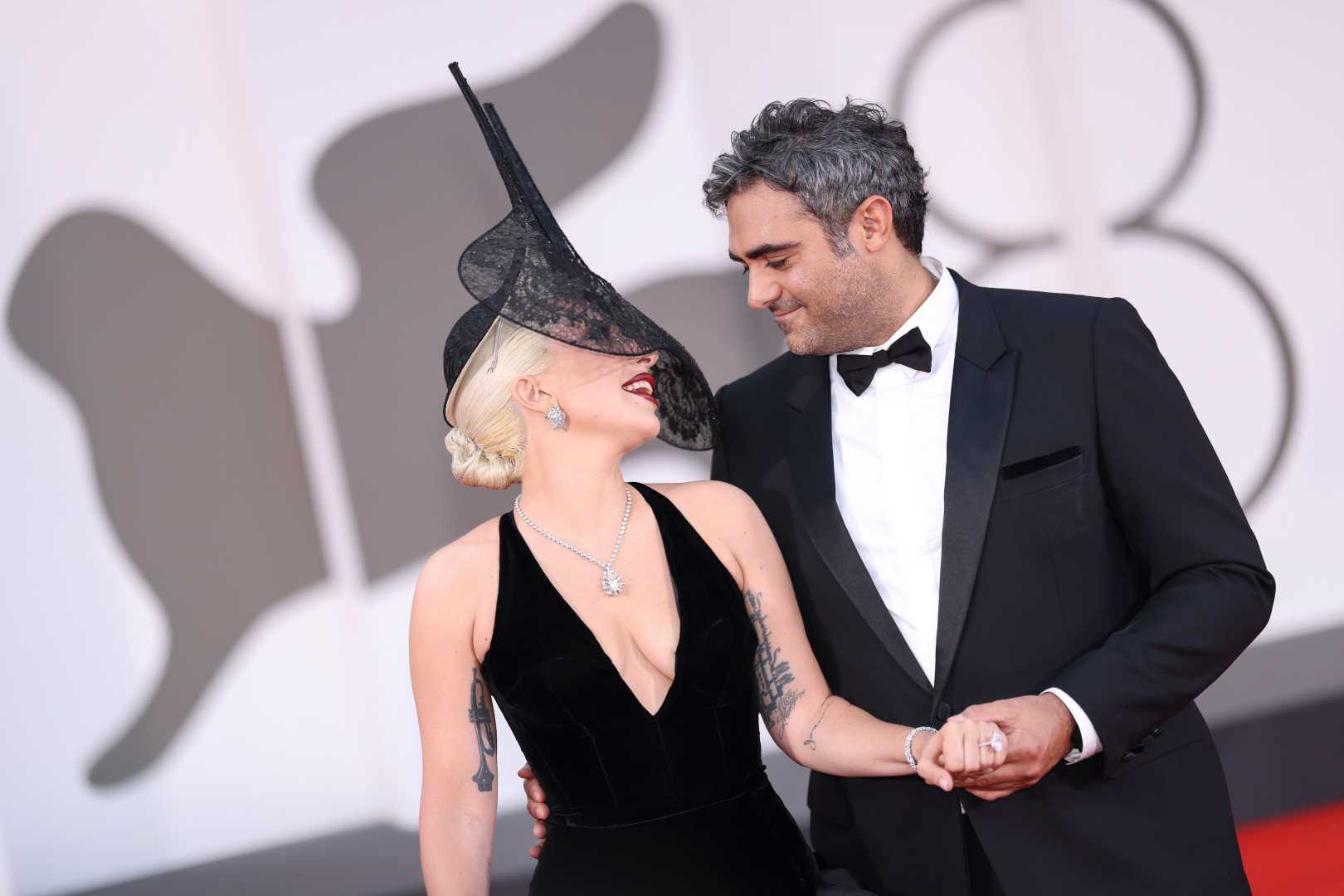Entertainment
Lady Gaga Discusses Mental Health and Support from Fiancé Michael Polansky

Lady Gaga has opened up about the significant role her fiancé, Michael Polansky, has played in her life, particularly during challenging times concerning her mental health. She shared insights during an interview with US Vogue, expressing gratitude for Polansky’s unwavering support when she was dealing with her struggles.
Gaga made her red carpet debut with Polansky at the world premiere of her new film, Joker: Folie A Deux, at the Venice International Film Festival. The couple, who began dating in 2019, were introduced by Gaga’s mother, Cynthia Germanotta, who recognized Polansky’s positive influence.
In the interview, Gaga reflected on her past experiences, stating, ‘I was in a really dark place. I struggled for many years.’ She credited Polansky for helping her navigate through these tough times, highlighting how he became a true friend who genuinely cared.
Gaga emphasized the happiness she currently feels, noting, ‘I’m just, like, so happy. I’m healthy.’ She described how her previous album, Chromatica, was born from a period of significant mental health challenges, contrasting it with her current state of well-being.
In discussing their relationship, Gaga mentioned the importance of real love, which she felt was the missing element in her life. She recounted how she fell in love with Polansky almost instantly, despite the unexpected impact of the COVID-19 pandemic, which led them to move in together.
While reflecting on their time together during the pandemic, Gaga stated, ‘I met this totally supportive, loving human being who wanted to get to know me — outside of Lady Gaga.’ Her words resonate with many who have faced similar emotional challenges.
Gaga plays the character Harley Quinn in the film Joker: Folie A Deux, and she mentioned the unique perspective she brings to the role, drawing from her personal experiences with emotional turmoil. She expressed curiosity over the portrayal of women in such roles, questioning societal perceptions of emotional expressions.












